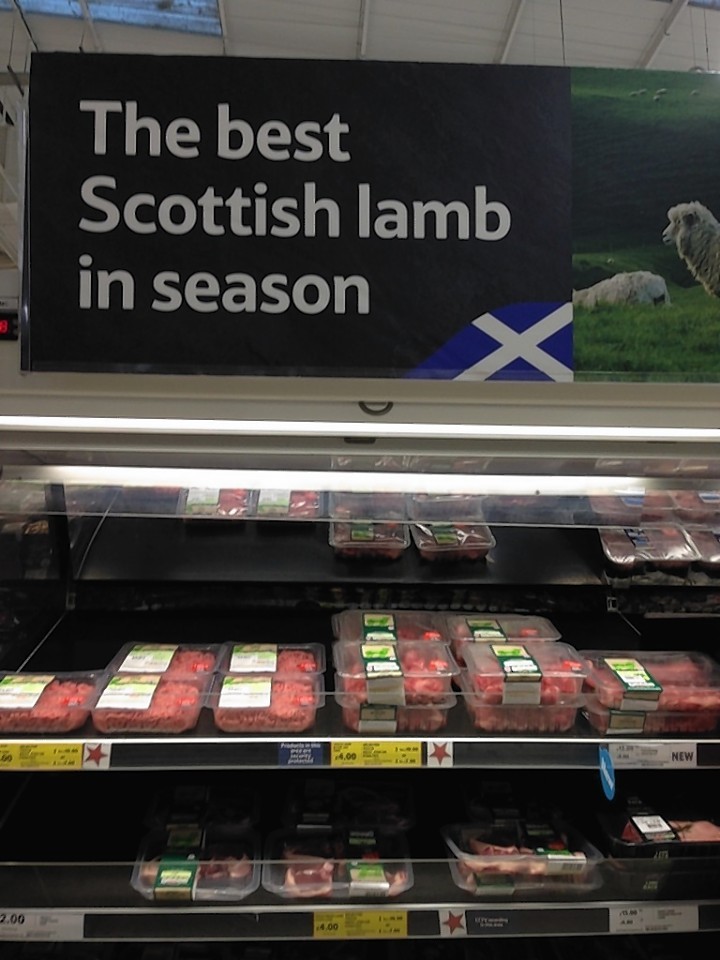European politicians have called for legislative action to stop farmers being treated unfairly.
SNP MEP Alyn Smith, who helped draw up a draft report on unfair trading practices (UTPs) which was this week presented in the European Parliament, said MEPs recognised that voluntary initiatives to safeguard farmers had been inadequate.
He said attempts to stop late payments, listing fees and changes to contracts had flopped and the European Commission needed to act now to legislate against such issues.
“Scottish farmers know all about unfair trading practices from processors and retailers, from First Milk delaying payments to 1,000 farmers by a fortnight while simultaneously increasing capital levy contributions, to Tesco advertising New Zealand lamb as Scottish,” said Mr Smith.
He said these issues were especially difficult for producers who were having to deal with the triple whammy of poor weather, the new Common Agricultural Policy (Cap) regime and the volatility of prices.
“For far too long the European Commission has stuck its head in the sand on this issue: it has proved far too willing to talk rather than to take action. Enough is enough,” said Mr Smith.
“The UK’s Groceries Code Adjudicator is a toothless tiger, one that either needs to gain teeth – my preference – or be shut down. It’s not much of an enforcement body if organisations can bypass the code merely by being a food manufacturer as opposed to a retailer, and their own survey showed that 70% of farmers still have issues with the code despite the existence of the GCA.”
He called for immediate action to help struggling primary producers.
Mr Smith said: “We need legislative action at European level to ensure that minimum standards of good practice are observed by buyers in all member states, and that the worst UTPs are stamped out across Europe. That was the overwhelming view of the (agriculture) committee, and I look forward to working with my colleagues to take this report forward.”
The report on UTPs will be voted on by the agriculture committee next month before being passed on to the internal markets committee for a vote in December.
